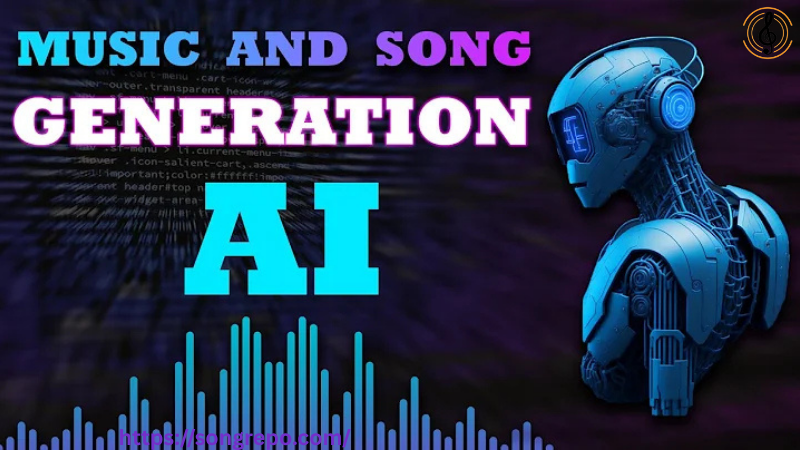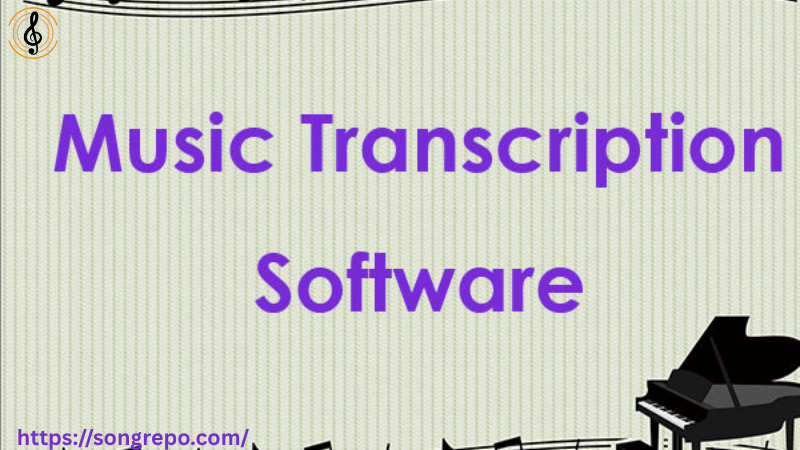Best Playback Music: Everything You Need to Know in 2025

Playback music is at the heart of modern content creation—used in concerts, live performances, YouTube videos, and even podcasts. Whether you’re an artist, a DJ, or just someone curating audio for a project, understanding playback music is key to getting your sound right. In this guide, we’ll break down what playback music is, how it’s used, and how you can leverage it for your creative needs.
Let’s explore 10 essential aspects of playback music and how each plays a role in how we experience digital sound today.
Table of Contents
1. What is Playback Music?
Playback music is pre-recorded audio used during live performances or broadcasts. It helps ensure a consistent and professional sound.
Definition and Purpose
Playback music refers to any pre-recorded track that’s used to accompany a performance or production. It ensures artists hit the right tone even in unpredictable environments.
History of Playback
Playback started with film and theater, allowing actors and performers to sync with studio-recorded tracks. Today, it’s widespread in live music and digital media.
Modern Uses
From DJ sets to podcast intros, playback music is now essential in nearly every content field. Artists use it to replicate studio-quality sound live.
Common Misunderstandings
Some people confuse playback with lip-syncing or auto-tune. In reality, playback music supports performances without replacing the talent involved.

2. Playback in Live Performances
Playback plays a huge role in the success of live concerts and events. It keeps everything in sync—especially when multiple artists or instruments are involved.
Backup for Instruments
Musicians often rely on playback tracks to fill in missing instruments, like a horn section or layered synths, to keep the sound full on stage.
Timing and Sync
With playback, artists stay in perfect sync with visuals, lights, and other effects—crucial in larger productions where timing matters most.
Rehearsals and Planning
Playback tracks help artists rehearse with consistency, building muscle memory before the real show.
Challenges with Live Playback
If not well-managed, playback errors can throw off a whole performance. That’s why professional setups often use redundant systems for backup.
3. Playback for YouTube Creators
YouTubers use playback music to add emotion and flow to their videos. It sets the tone and supports storytelling.
Royalty-Free Libraries
Many YouTubers rely on royalty-free libraries or tools like SongRepo’s search features at https://songrepo.com/ to find legal tracks.
Mood Enhancement
A good piece of playback music can make a tutorial engaging, a vlog inspiring, or a skit hilarious.
Avoiding Copyright Strikes
Playback must be cleared for use—YouTube can flag videos that use copyrighted audio without permission.
Brand Identity
Using a consistent intro track builds brand recognition and keeps audiences engaged.
4. Playback in Podcasts
Podcasts depend heavily on playback for intros, transitions, and background layers that don’t distract from the host’s voice.
Intro and Outro Music
This helps signal the start or end of a show, creating a polished and memorable sound.
Looping Backgrounds
Soft music loops help maintain atmosphere during interviews or storytelling segments.
Editing and Mixing
Playback music must be mixed carefully to avoid overpowering the speaker—volume and EQ are key.
Licensing for Podcast Use
Different rules apply for podcast music. Licensing must include digital distribution rights.
5. Choosing the Right Playback Track
Picking a track isn’t just about what sounds good—it’s about what fits your content’s goal.
Matching Emotion and Tone
A sad scene calls for mellow strings. A product review? Upbeat synth-pop. Choose wisely based on feel.
Pacing and Duration
A 3-minute vlog doesn’t need a 10-minute song. Look for tracks that match the timing of your visuals.
Instrumental vs Vocal
Instrumentals often work better for background use, while vocals may compete with your dialogue.
Genres and Variations
Some platforms let you download the same song in multiple styles—like acoustic, EDM, or orchestral.
6. Legal Use of Playback Music
Understanding the law helps you avoid takedowns or even lawsuits. It’s not just about picking a nice song.
Royalty-Free vs Free Use
“Royalty-free” doesn’t always mean free. You still have to buy or license it once.
Public Domain Music
Older works are often free to use—but check copyright expiration rules in your country.
Creative Commons Licenses
These licenses have rules—some require credit, others limit commercial use.
Commercial vs Personal Use
Some songs are okay for personal content but not for monetized or sponsored work.

7. Tools to Create Your Own Playback
Want custom playback music? You don’t have to be a composer. There are tools for that.
DAWs (Digital Audio Workstations)
Programs like FL Studio or GarageBand let you produce custom playback tracks.
AI Music Generators
Tools like AIVA or Soundraw can generate royalty-free playback based on your input.
Loop Libraries
Websites offer loop packs you can arrange into full tracks using simple drag-and-drop software.
Hiring Freelancers
Platforms like Fiverr or Upwork have musicians who can make playback music to your exact style.
8. Playback Music for Events and Presentations
Events also rely on music—from opening slideshows to background ambience during speeches.
Corporate Presentation Music
Light instrumental music keeps the audience engaged without distracting from the message.
Weddings and Ceremonies
Playback is often used to ensure the perfect song plays at the perfect moment, every time.
Slide Transitions and Mood
Pairing transitions with light sound cues makes slideshows feel smoother and more professional.
Legal Use at Events
Even for in-person use, some songs may require a public performance license.
9. Syncing Playback with Visuals
If you’re making a video, presentation, or live show, syncing audio and video matters more than ever.
Timecode and Software
Video editors like Premiere Pro or Final Cut let you lock music to exact frames.
MIDI Triggers
Used in concerts, MIDI triggers can fire playback tracks in sync with lighting or effects.
Lip-Syncing with Playback
Pop stars often lip-sync to a playback track for consistency in complex stage routines.
Visual Cues for Audio
Editors often add waveform visuals or text effects that pulse with the beat.
10. Where to Find Playback Music
Finding the right source is half the job. Free and paid options exist—just choose smartly.
SongRepo.com
Sites like https://songrepo.com/ let users search, preview, and download quality playback tracks for free or royalty-free use.
YouTube Audio Library
Good for creators on a budget, though quality and variety can be limited.
Premium Libraries
Sites like Epidemic Sound or AudioJungle offer huge libraries, but they’re subscription-based.
Custom Made Music
Some creators prefer commissioning original playback music to stay unique and fully protected.

✅ FAQs
1. What is playback music used for?
It’s used in live shows, videos, podcasts, and presentations to support or enhance audio production.
2. Can I use playback music for free?
Some platforms offer free music, but check licenses—royalty-free doesn’t always mean no cost.
3. Is using playback music legal on YouTube?
Yes, if the music is cleared and properly licensed. Using copyrighted music without permission can result in takedowns.
4. Where can I find free playback music?
Sites like https://songrepo.com/ offer free options for legal, high-quality playback tracks.
5. Is playback music the same as background music?
Not exactly. Background music is one type of playback music, but playback includes intros, full songs, and synced performance tracks.
Conclusion
Playback music is essential in today’s digital world—from enhancing videos to powering live performances. Knowing how to find, use, and customize playback music gives creators an edge in both sound quality and legal safety. Whether you’re producing a podcast or planning a stage show, the right playback music can elevate your work to a professional level. For more tools and track options, check out https://songrepo.com/—your home for quality playback content.




